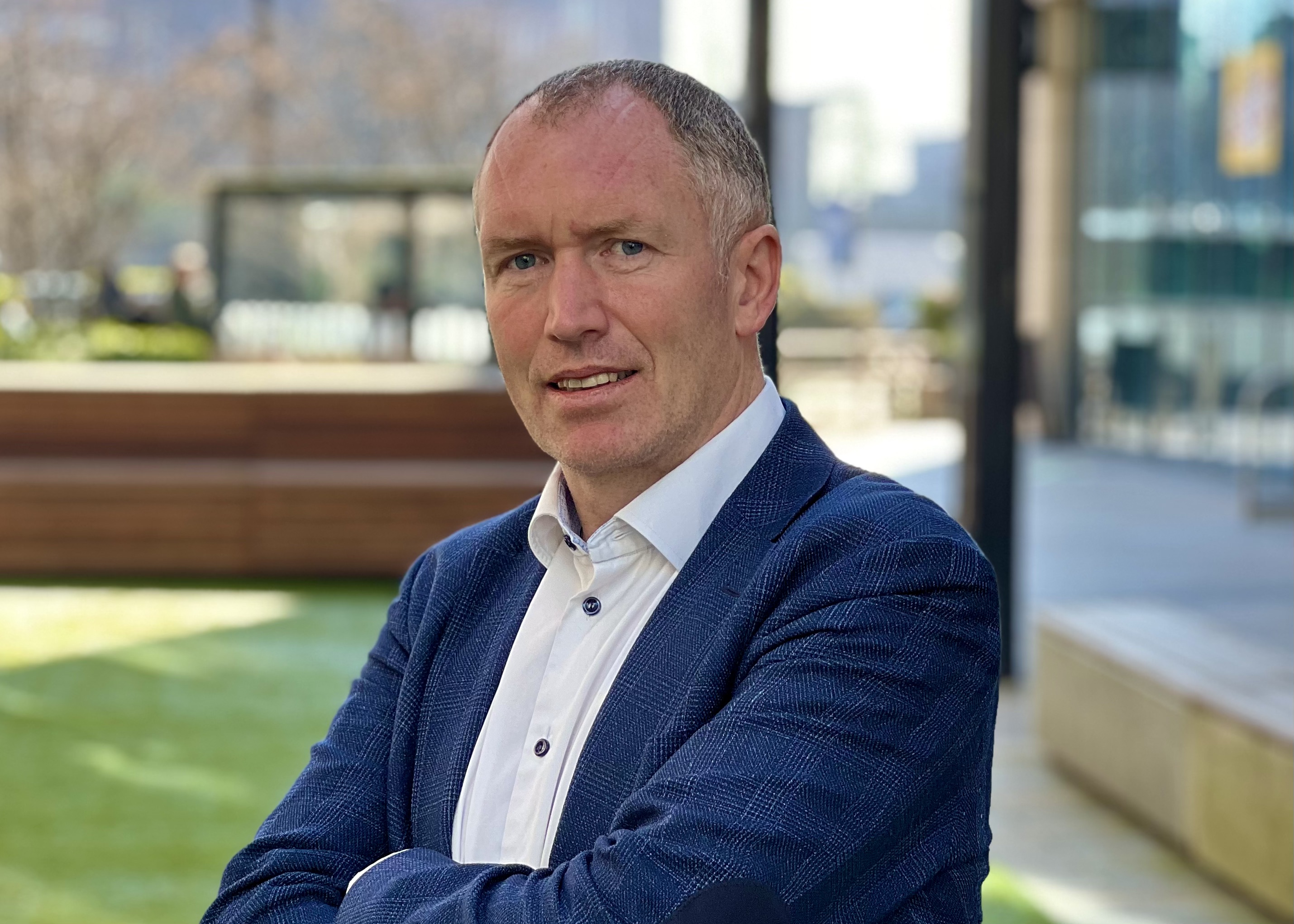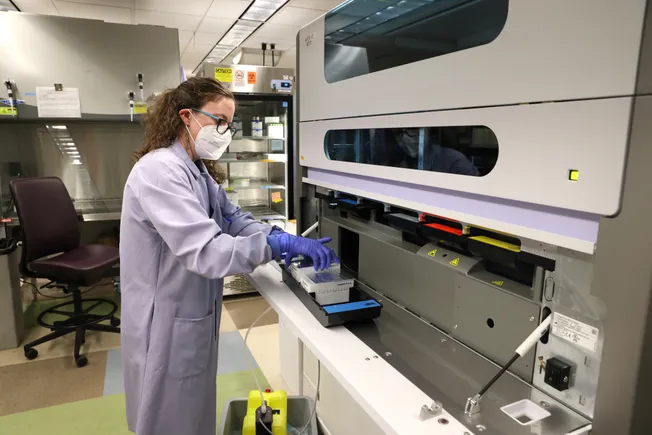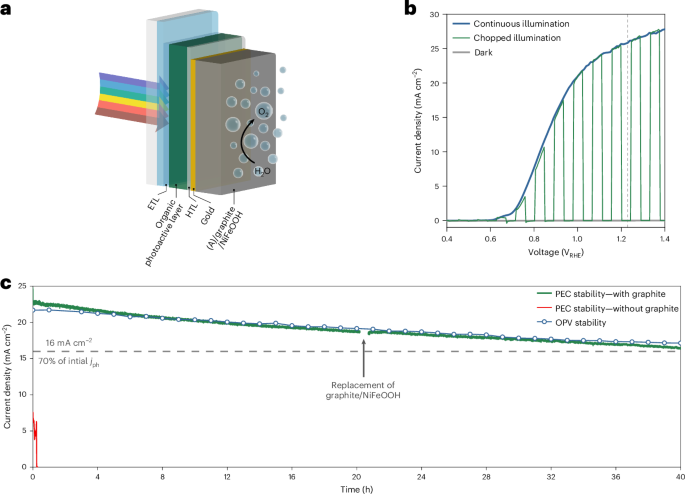A textile recycling podcast targets fashion's circular economy ambitions
Upstream Circularity Podcast Credits: Global Fashion Agenda Global Fashion Agenda has unveiled a new podcast series examining the technical and systemic challenges preventing widespread adoption of textile recycling in the fashion industry, at a time when regulatory pressure is intensifying across global markets. The Upstream Circularity Podcast, released to coincide with International Day of Zero Waste, delivers a three-part examination of how the sector can transform textile waste into a viable commercial resource stream—a transition that has thus far proved elusive despite available technologies. Industry figures highlight a stark reality: merely 0.3 per cent of materials used in global textile production derive from recycled sources, despite existing technologies theoretically capable of enabling up to 80 per cent circularity. This gap represents both a sustainability failure and a missed commercial opportunity as more than 520 global regulations now mandate circular approaches. "The industry faces a fundamental disconnect between technological capability and practical implementation," says Federica Marchionni, GFA's chief executive, in the introductory episode. "Our podcast aims to bridge this gap by spotlighting solutions that transform waste into valuable resources." The series, hosted by GFA's head of content Faith Robinson, builds upon the organisation's Upstream Circularity Playbook, developed with support from GIZ and the H&M Foundation. Each episode methodically addresses a critical barrier to scaling textile recycling: The first installation examines waste segregation and traceability systems with contributions from Closed Loop Fashion's Marina Chahboune and Reverse Resources' Nin Castle. Subsequent episodes will focus on collection infrastructure and product design considerations, featuring industry practitioners including Bestseller’s Alexander Granberg and Accelerating Circularity's Karla Magruder. For manufacturers and brands navigating increasingly stringent extended producer responsibility legislation and impending due diligence requirements, the series offers practical guidance on establishing circular systems in production regions—a capability that increasingly represents not merely an environmental consideration but a commercial imperative. The podcast series launch comes as fashion companies face mounting pressure to demonstrate material progress on circularity commitments, with investors and regulators alike seeking evidence of systemic change rather than incremental improvements. Episodes will be released weekly on major streaming platforms and through GFA's website, providing fashion professionals with tactical insights for implementing circular models that can withstand both regulatory scrutiny and commercial pressures.

Global Fashion Agenda has unveiled a new podcast series examining the technical and systemic challenges preventing widespread adoption of textile recycling in the fashion industry, at a time when regulatory pressure is intensifying across global markets.
The Upstream Circularity Podcast, released to coincide with International Day of Zero Waste, delivers a three-part examination of how the sector can transform textile waste into a viable commercial resource stream—a transition that has thus far proved elusive despite available technologies.
Industry figures highlight a stark reality: merely 0.3 per cent of materials used in global textile production derive from recycled sources, despite existing technologies theoretically capable of enabling up to 80 per cent circularity. This gap represents both a sustainability failure and a missed commercial opportunity as more than 520 global regulations now mandate circular approaches.
"The industry faces a fundamental disconnect between technological capability and practical implementation," says Federica Marchionni, GFA's chief executive, in the introductory episode. "Our podcast aims to bridge this gap by spotlighting solutions that transform waste into valuable resources."
The series, hosted by GFA's head of content Faith Robinson, builds upon the organisation's Upstream Circularity Playbook, developed with support from GIZ and the H&M Foundation. Each episode methodically addresses a critical barrier to scaling textile recycling: The first installation examines waste segregation and traceability systems with contributions from Closed Loop Fashion's Marina Chahboune and Reverse Resources' Nin Castle. Subsequent episodes will focus on collection infrastructure and product design considerations, featuring industry practitioners including Bestseller’s Alexander Granberg and Accelerating Circularity's Karla Magruder.
For manufacturers and brands navigating increasingly stringent extended producer responsibility legislation and impending due diligence requirements, the series offers practical guidance on establishing circular systems in production regions—a capability that increasingly represents not merely an environmental consideration but a commercial imperative.
The podcast series launch comes as fashion companies face mounting pressure to demonstrate material progress on circularity commitments, with investors and regulators alike seeking evidence of systemic change rather than incremental improvements.
Episodes will be released weekly on major streaming platforms and through GFA's website, providing fashion professionals with tactical insights for implementing circular models that can withstand both regulatory scrutiny and commercial pressures.









































































































































































.jpg)








